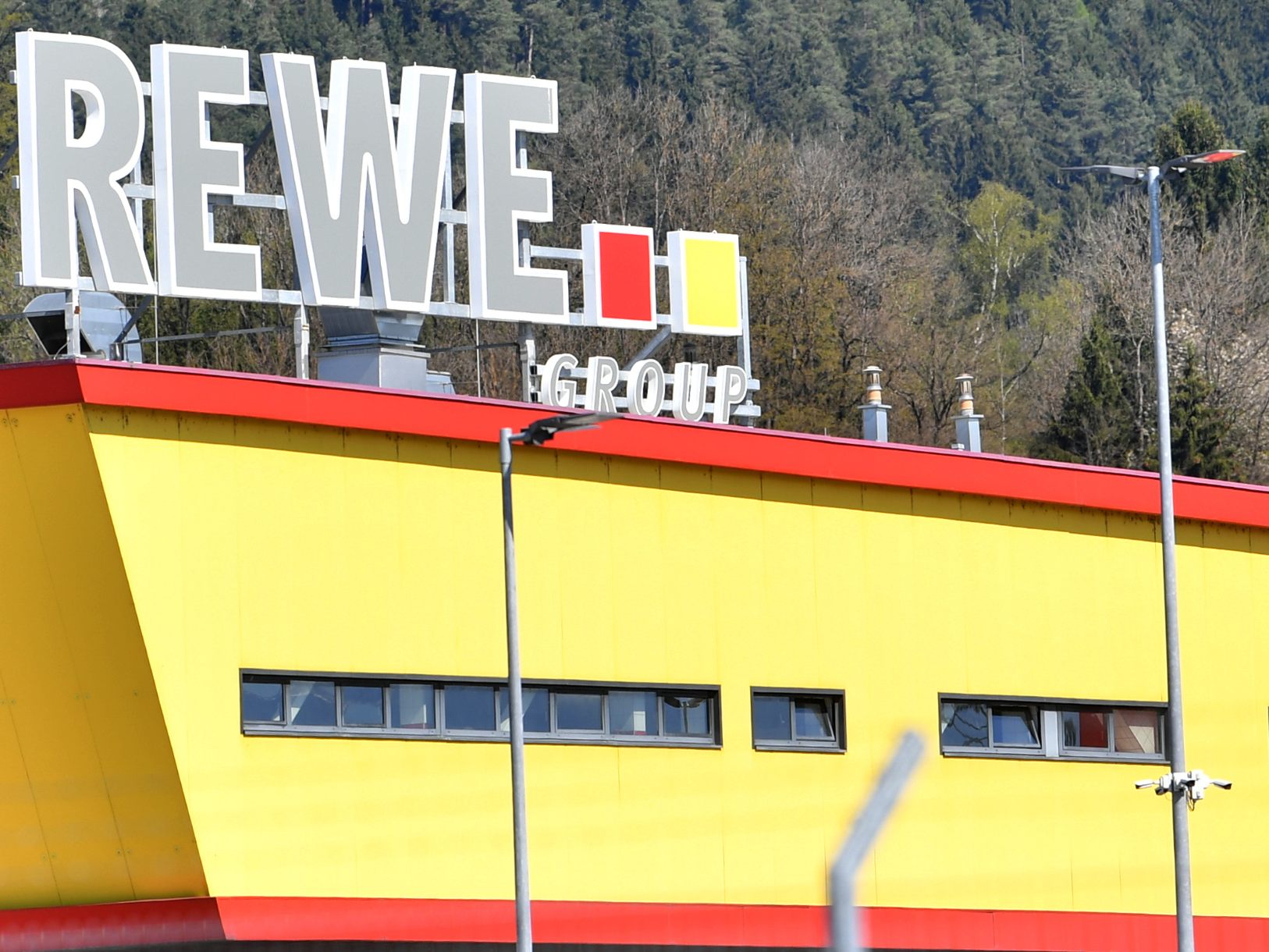The Supreme Court (OGH) as the cartel court increased the fine originally set by the cartel court from 1.5 million euros to 70 million euros, as the OGH announced on Tuesday. The reason is the prohibited implementation of a merger. The previously highest cartel fines were received by Porr (62.4 million euros) and Strabag (45.4 million euros) as part of the construction cartel.

Highest Cartel Fine So Far: Rewe Now Has to Pay 70 Million Euros
4-02-2025, 11:50

Rewe Case Goes Back Several Years
The Rewe case goes back several years: In mid-2018, the then subsidiary Merkur Warenhandels AG (now Billa Plus) took over sales areas for a food retail trade in the WELAS Park shopping center in Wels, where Weiß Handels GmbH had previously operated a food retail trade. This process was not registered as a merger with the Federal Competition Authority (BWB).
The imposition of the record fine is based on the annual turnover of the German Rewe Group of over 92 billion euros in 2023. The cartel penalty upper limit is up to 10 percent of the turnover, i.e. up to 9 billion euros. "Fines under the Cartel Act pursue preventive and repressive purposes, which requires an appropriate amount, otherwise no deterrent effect is achieved," the Supreme Court explained. As the OGH, it has "repeatedly made it clear that fines of a magnitude must also be imposed in Austria to effectively combat cartel offenses, as has long been customary at Union level and in numerous member states".
The local competition watchdogs had set the Rewe case in motion. "The decision and the amount of the fine is a warning to take the obligation to register mergers in Austria seriously," the Federal Competition Authority said in response to an APA inquiry. The BWB has "now achieved a clarification before the Supreme Court".
BWB Wants Tighter Cartel and Competition Law
The competition authority has been wanting the government to tighten up cartel and competition law for some time. In Germany and the UK, the competition watchdogs have more tools at their disposal. "In Austria, we only have the instrument of merger control, which can stop price increases resulting from market concentration," the BWB explained on the occasion of the Rewe decision. "This serves to protect consumers."
(APA/Red)
This article has been automatically translated, read the original article .




